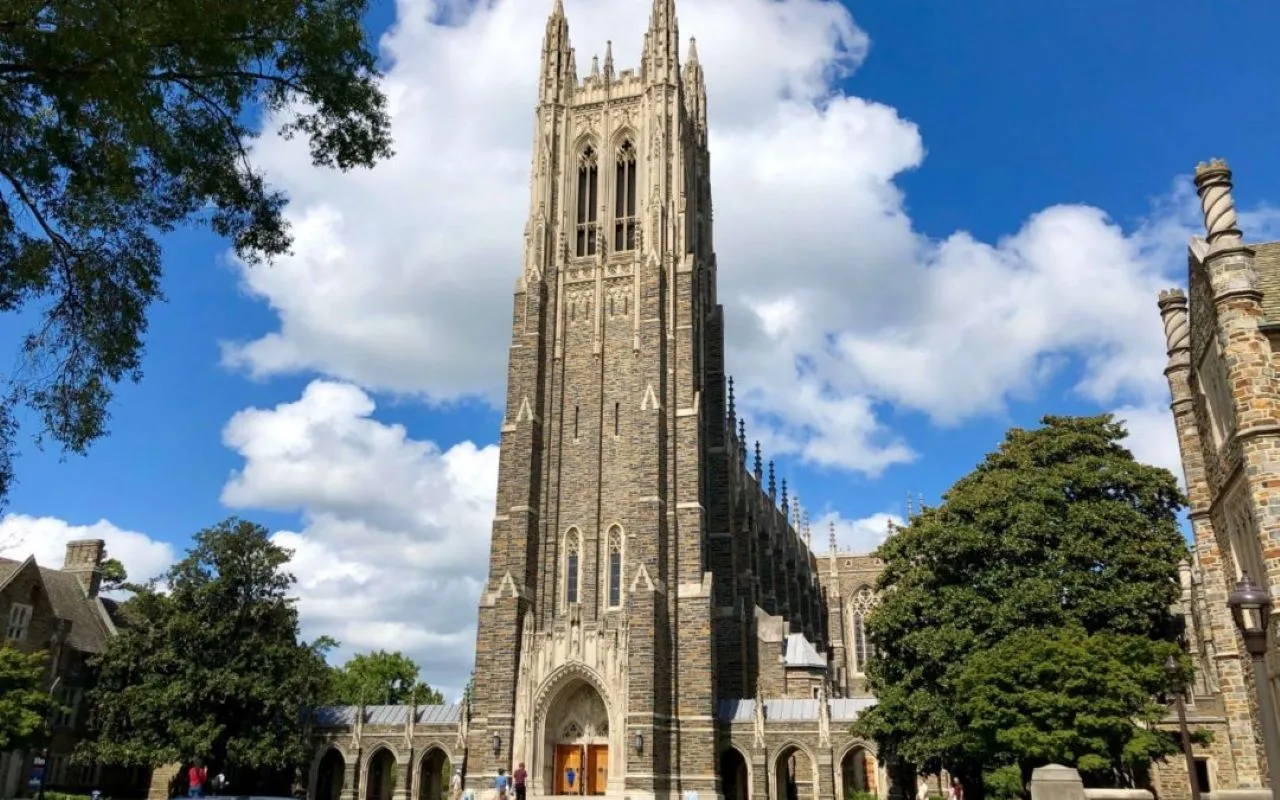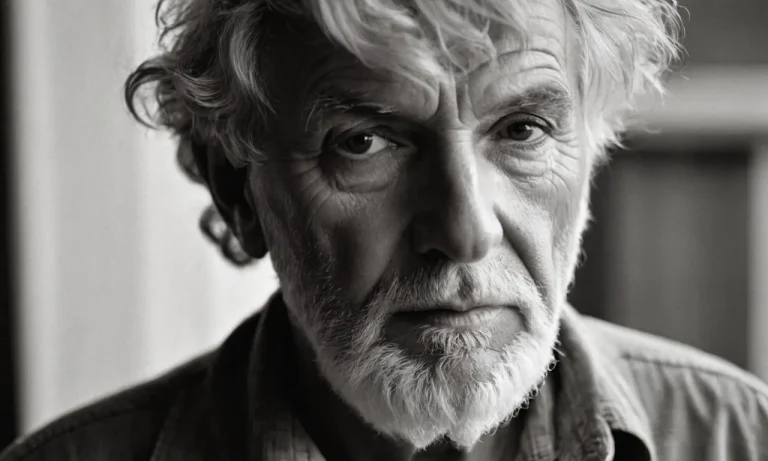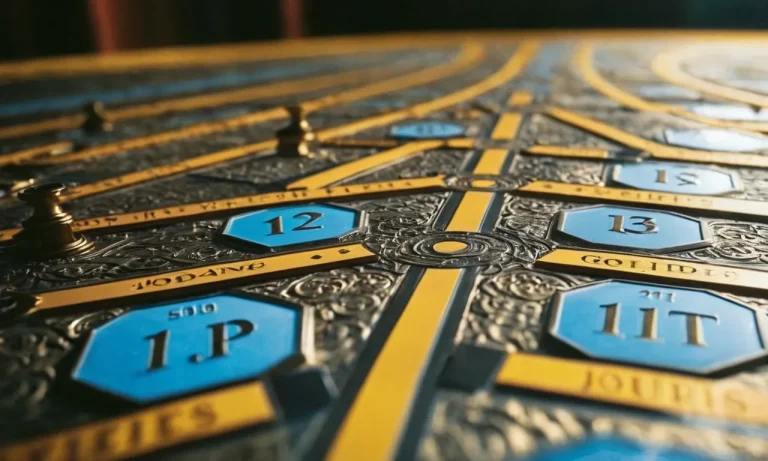Is Duke University A Christian School?
Duke University’s religious affiliation and culture has been a point of interest for prospective students and others interested in the renowned North Carolina school. In this comprehensive guide, we’ll dive into Duke’s Christian roots and traditions as well as its current religious diversity and culture on campus.
If you’re short on time, here’s a quick answer: Duke University was founded as a Methodist and Christian school but today embraces religious pluralism and diversity while maintaining some Christian traditions.
History and Founding of Duke as a Christian School
Duke University, located in Durham, North Carolina, has a rich history rooted in its Christian foundation. Originally known as Trinity College, the institution was established in 1838 by the Methodist Episcopal Church.
The university’s Christian heritage remains an integral part of its identity and has played a significant role in shaping its educational philosophy.
Trinity College and Methodist ties
Trinity College was founded with the goal of providing a quality education grounded in Christian principles. The Methodist Episcopal Church, South, a prominent religious denomination at the time, played a crucial role in the establishment and early development of the college.
The church’s commitment to education and its belief in the importance of intellectual growth and religious faith greatly influenced the curriculum and values of Trinity College.
During its early years, Trinity College emphasized the integration of religious teachings into all aspects of campus life. Chapel services, religious studies, and moral instruction were central components of the student experience.
The college sought to foster an environment that nurtured both the intellect and the spirit, preparing students for lives of service and leadership.
Transformation into Duke University
In 1924, Trinity College underwent a transformative change and became Duke University. This transformation was made possible by a generous endowment from the Duke family, who were deeply committed to the university’s Christian mission.
Their philanthropic support allowed Duke University to expand its academic programs and facilities, while still maintaining its Christian roots.
Despite the transition to a university, Duke has continued to embrace its Christian heritage. The university’s motto, “Eruditio et Religio,” meaning “Knowledge and Religion,” reflects its commitment to the integration of faith and learning.
Duke’s religious studies department offers a wide range of courses exploring various religious traditions, fostering dialogue and understanding among students of diverse backgrounds.
Christian focus in early years
In its early years as Trinity College, the institution had a strong Christian focus. The faculty and staff were mostly members of the clergy, and religious devotion was encouraged among the student body.
Chapel services were held regularly, and students were expected to attend and actively participate in religious activities on campus.
The Christian influence extended beyond the classroom and chapel. Students were encouraged to live out their faith through service to others. Mission trips, community outreach programs, and volunteer opportunities were available to students, providing them with opportunities to put their faith into action and make a positive impact on society.
While Duke University has evolved over the years, its Christian foundation remains an important part of its history and mission. The university continues to foster an inclusive and diverse community that values the exploration of faith, intellectual growth, and the pursuit of knowledge.
Religious Culture and Diversity at Duke Today
Duke University, located in Durham, North Carolina, has deep Christian roots but embraces religious diversity on campus. While it was founded by Methodists and Quakers in the 19th century, the university has evolved into a place where students of various religious backgrounds come together to learn and grow.
Christian roots but religious diversity
Although Duke University has its origins in Christianity, it actively promotes religious diversity and inclusivity. The university recognizes and respects students’ different religious beliefs and provides resources for them to practice their faith.
Students of all religious backgrounds are welcomed and supported at Duke.
In fact, Duke University’s religious diversity is reflected in its student body. According to a recent survey conducted by the university, approximately 30% of students identify as Christian, while the remaining 70% represent a wide range of religious affiliations, including Judaism, Islam, Hinduism, Buddhism, and others.
Church attendance
While Duke University is not an explicitly Christian school, many students still participate in religious activities on campus. There are a variety of Christian student organizations and ministries that cater to the spiritual needs of those who identify as Christians.
These groups provide opportunities for worship, fellowship, and community service.
Additionally, Duke Chapel, an iconic landmark on campus, serves as a symbol of the university’s Christian heritage and remains an important place of worship for many students, faculty, and staff. Regular religious services are held at the chapel, and students are encouraged to attend if they wish to do so.
Christian student groups
Duke University offers a wide range of Christian student organizations that provide a sense of community and support for students who share the Christian faith. These groups organize various activities such as Bible studies, prayer groups, retreats, and service projects.
Some of the Christian student groups at Duke include the InterVarsity Christian Fellowship, the Baptist Student Union, and the Catholic Student Center. These organizations offer students a chance to deepen their faith, build relationships with fellow believers, and make a positive impact on campus and in the local community.
Traditions and Symbols Reflecting Christian Heritage
Duke University, located in Durham, North Carolina, has a rich history deeply rooted in its Christian heritage. The university was founded in 1838 by Quakers and Methodists, who believed in the importance of providing a strong education grounded in Christian values.
While Duke University is now a non-sectarian institution, it continues to honor and reflect its Christian heritage through various traditions and symbols on campus.
Architecture and chapels on campus
One of the most prominent ways that Duke University reflects its Christian heritage is through its stunning architecture and the presence of chapels on campus. The iconic Duke Chapel, built in the Gothic style, stands tall at the heart of the university.
It serves as a symbol of Duke’s commitment to spiritual life and offers a sacred space for worship, meditation, and reflection. The chapel hosts regular religious services, including Christian worship, interfaith gatherings, and weddings.
Additionally, the Divinity School, located on campus, provides theological education and fosters scholarly engagement with the Christian faith.
Religious holidays
Duke University recognizes and celebrates various religious holidays, including those with Christian significance. Students of all religious backgrounds are encouraged to observe and participate in these celebrations.
Easter, Christmas, and Ash Wednesday are among the Christian holidays that are marked by special services, events, and activities organized by the university’s religious life office. These celebrations not only provide an opportunity for the Duke community to come together but also serve as a reminder of the university’s Christian roots and commitment to religious diversity.
School motto and seal
The university’s motto, “Eruditio et Religio,” which translates to “Knowledge and Religion,” reflects the importance of both intellectual growth and spiritual development. This motto is a testament to Duke’s commitment to providing a well-rounded education that incorporates both academic excellence and a sense of moral and ethical values.
The Duke University seal also incorporates religious symbols, such as a cross and an open book, further emphasizing the institution’s Christian heritage.
Conclusion
While founded as a Methodist institution, Duke University today fosters religious diversity while maintaining traces of its Christian heritage. The Gothic architecture, presence of chapels, religious holidays, and school motto nod to its religious roots.
However, the school celebrates religious pluralism and most students do not consider Christianity an integral part of campus culture or academic life today.








